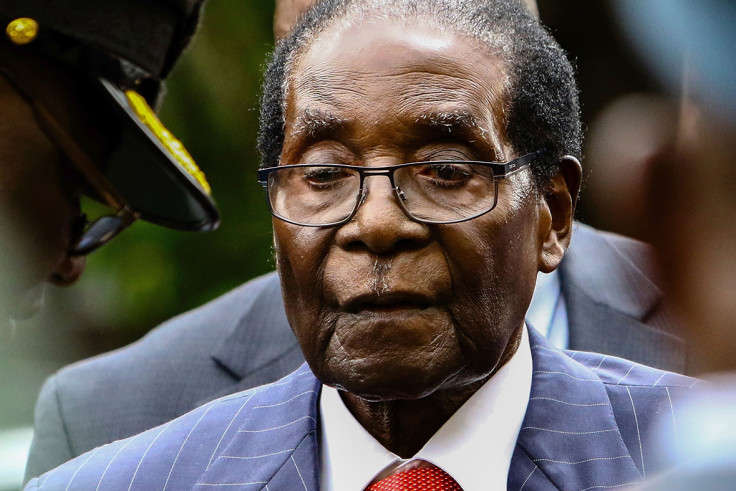In the Field Podcast: Inside Robert Mugabe's Zimbabwe
IBTimes UK talks to foreign correspondent Martin Fletcher.

There are few countries that have suffered a financial meltdown on the scale of Zimbabwe. Unemployment in the country is above 80%, a third of the population rely on food aid, and the national currency – the Zimbabwean dollar – had to be abandoned in 2009 after hyper-inflation made it worthless.
Behind all this chaos stands one man: Robert Mugabe, the 92-year-old ruler whose economic mismanagement has turned a country once known as the breadbasket of Africa into a financial basket-case in just 30 years. He has rigged elections, jailed rivals and created an entrenched police state that has forced millions to leave the country.
On this week's episode of In the Field, Martin Fletcher, former foreign editor at the Times and feature writer of the year at the 2015 British Press Awards, speaks to IBTimes UK about the state of Zimbabwe and particularly the plight of the country's white farmers, thousands of whom had their farms seized between 2000 and 2013.
The seizures proved to be a disaster for Zimbabwe, with many farms abandoned and agricultural production a fraction of what it once was. But it remains a country with massive potential, with vast natural resources and huge prospects for tourism.
Among both its significant diaspora and long-suffering population, there is hope that after Mugabe, Zimbabwe can once again be an African success story.
Subscribe on iTunes to In the Field, IBTimes UK's weekly podcast on world affairs.
© Copyright IBTimes 2024. All rights reserved.






